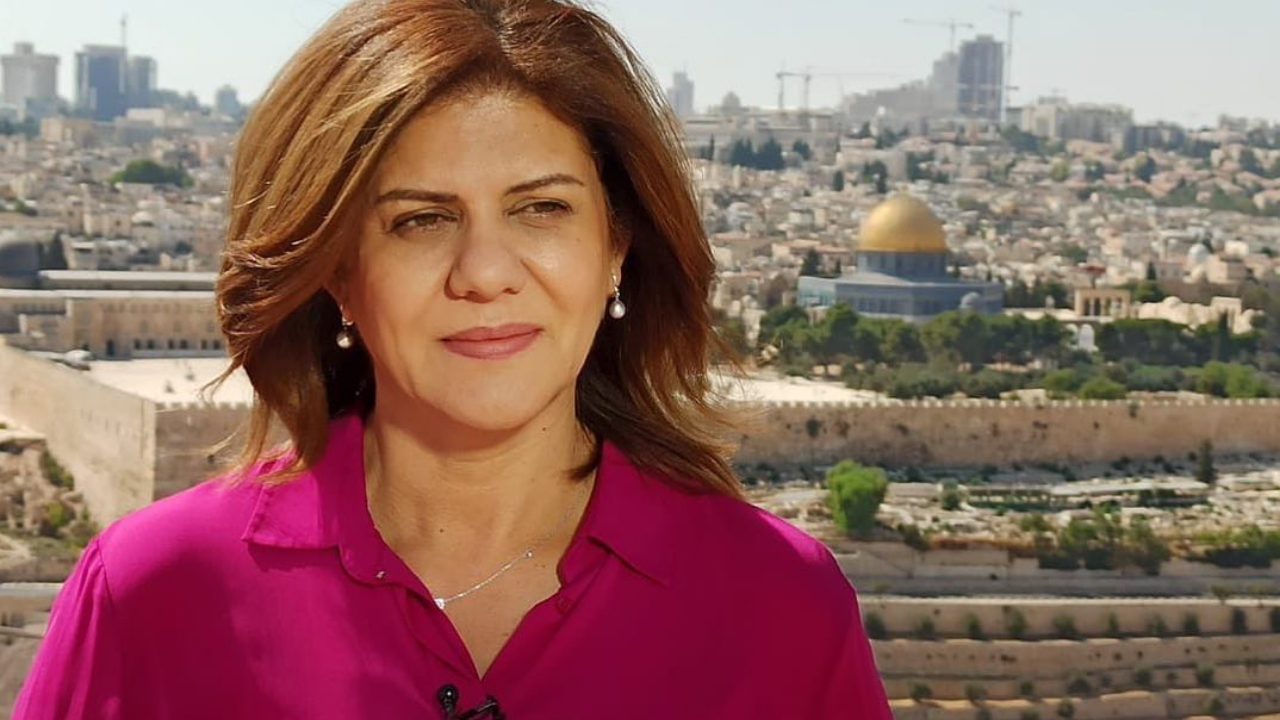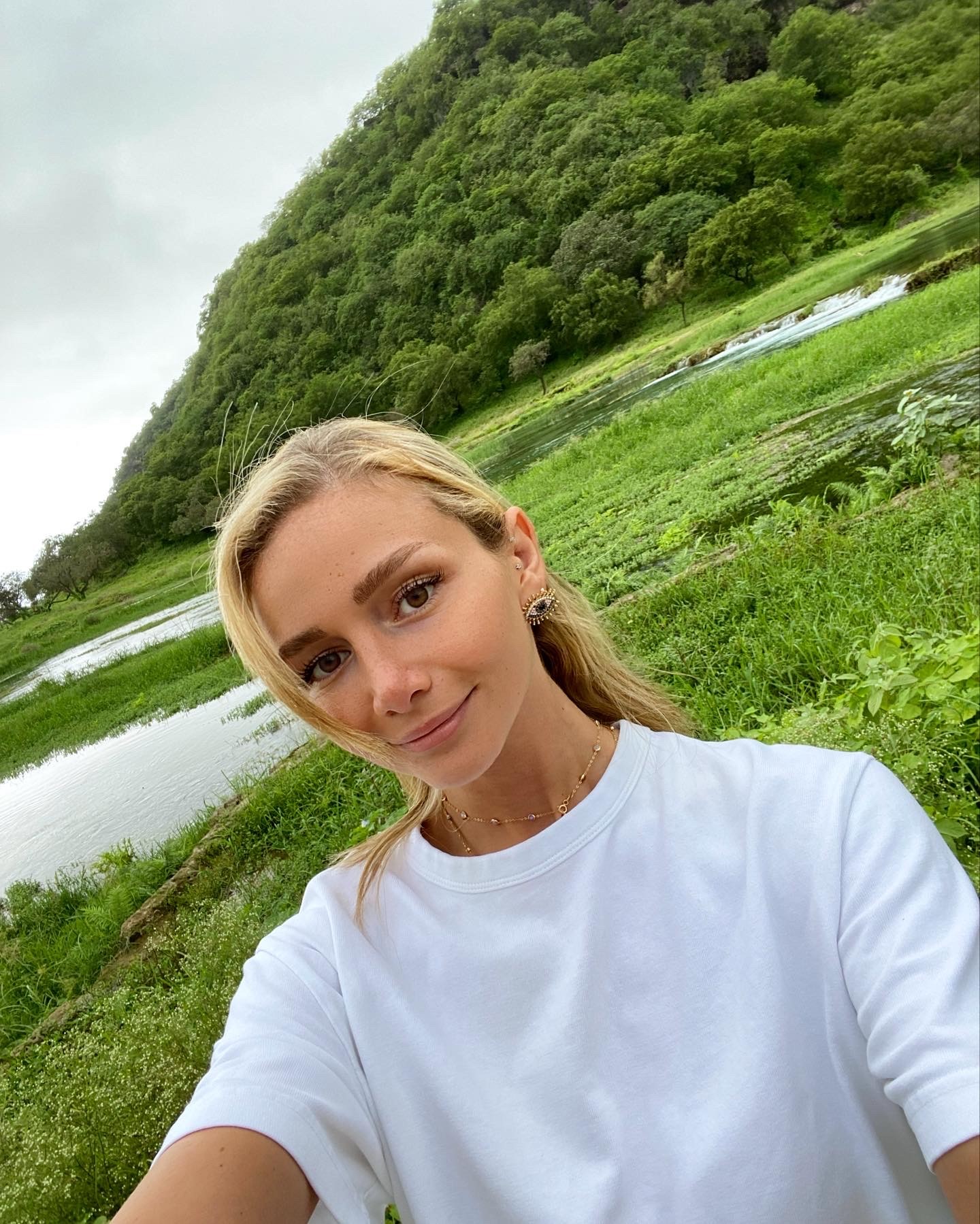
Being a journalist is about reporting and sharing the truth. And yet the truth has a thousand ways of being reported and worded. Journalism proves how powerful words can be. It proves why we choose to believe in certain politicians, why we support certain countries. After-all, what is the difference between a journalist and anyone else, if not their ability to carefully, meticulously and consciously choose every word they write or speak?
“If you’re not careful, the newspapers will have you hating the people who are being oppressed, and loving the people who are doing the oppressing.”
These were the words of Malcolm X, and the reason they are just as relevant then as they are today is because of the substantial power of the media. Reporters have been known to play with headlines for decades to try and spinoff a different angle. Technically, they’re not lying. But technically, they’re relying that you misinterpret the real truth, that you believe what they want you to believe. When a Palestinian is shot dead, rather than saying the blatant truth that they were ‘murdered’, it’s often reported as a ‘clash,’ or even as vague as being ‘found dead.’ Journalists have the ability to skew the truth and manipulate their audience, whilst still not technically reporting false information.
It’s what I like to call the loophole of journalism.
Deciding to become a journalist was not a decision that I made overnight, it was not a hasty choice that I made. In fact, call me crazy, but I don’t think it was my decision at all. I think it was fate. Why? Because I’ve grown up my entire life being told one thing and watching a complete other. For my entire childhood, and even until this day, my parents have shared stories, photos, letters and memories of their lives in Palestine. Of their ancestors’ stories in Palestine. And yet whenever I opened an atlas in school and was told to point at the country I come from, I never found Palestine. When I would fill in details of where I’m from in an online form, Palestine wasn’t an option. When I turned on the TV, it seemed as though the entire world had denied the right for Palestine to exist, as well as the right for I and every other Palestinian to exist.
“I chose journalism to be close to people. It might not be easy to change the reality, but at least I can bring their [Palestinians’] voices to the world,” were Palestinian-American Al Jazeera journalist, Shireen Abu Akleh’s heartfelt words.
Abu Akleh’s legacy and commitment to share the voice and truth of Palestinians to the world, are the exact reason I believe it was fate for her, as it is for me, to be a journalist; to be a Palestinian journalist.
And so, to remind you of the power that words can have, I report to you: Shireen Abu Akleh, a Palestinian-American journalist, was shot and murdered in cold blood, while reporting and covering an Israeli raid in Jenin, whilst wearing a vest and helmet that clearly marked her as press, making her murder an international war crime. It was not a clash, and she was not merely found dead.
Rest in power, Shireen.









